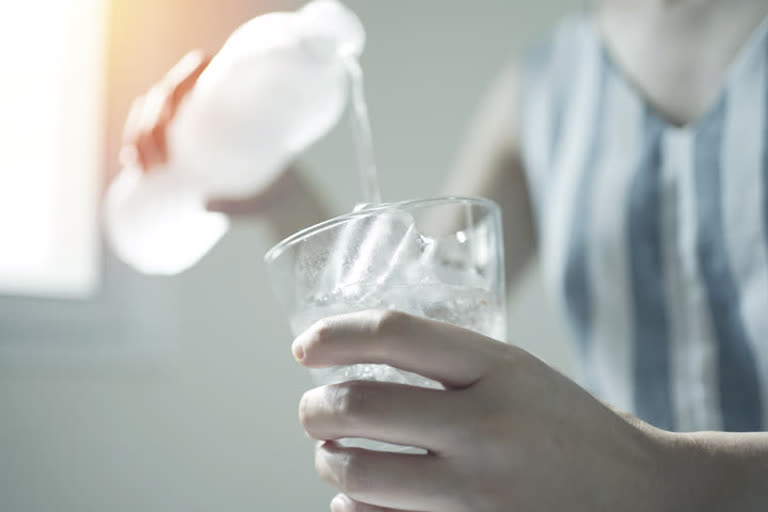Every day, our body loses water in the form of sweating, excreting fluids and solids out from our body, in the form of tears and so on, throughout the day. The water lost from our body is replaced immediately with the intake of fluids and foods that contain water. However, sometimes our water intake may be lesser than the water our body is losing and this can lead to dehydration. Dr. Sanjay K. Jain, MBBS, MD (Medicine), working with Apple Hospital, Indore gives us more details about Dehydration and how it can be taken care of.
What Causes Dehydration?
Dehydration can happen due to several reasons, some of which include:
- Excess of vomiting
- Severe diarrhea
- Poor intake of fluid
- Suffering from a very high temperature (specifically for a long time)
“Rate of loss of fluid from the body decides the severity and rapidity of development of dehydration” he says.
Signs Of Dehydration
- Cold and clammy skin
- Loss of skin turgor
- Dry tongue
- Dry and sunken eyes
- Fall in blood pressure
- Increased heart-rate
- Dullness or unconsciousness
- Lessened urination throughout the day
- Urine is dark in colour
Dealing With Dehydration
If a person is having only diarrhoea, without any vomiting, he or she can deal with it at home also. Increase the water intake and it is suggested to consume Oral Rehydration Fluid (ORS), which is easily available at any medical shop in the form of powder for preparation or in the form of liquids in different flavours. But, one needs to ensure that it is prepared according to the World Health Organization’s recommendation only. If ORS is not available, you can prepare the solution at home as well. Here is how it can be done:
-Take 1 litre of clean drinking water
- Add 6 tsp fulls of sugar
- Add ½ tsp of salt
- Mix it till the sugar dissolves completely.
Boiled and cooled water is generally recommended. Also, too much sugar can make the diarrhea worse or too much salt can be harmful.
Take fluids like ORS, coconut water, buttermilk, etc. every ½ - 1 hour. The average Intake of fluids is 2.5 liters a day in a normal temperature. However, if the temperature outside is high, intake can be increased to around 3 liters and if the temperature is low, it can be reduced to 2 litres as well.
Can It Worsen?
Dr. Sanjay further explains that if the person is having severe vomiting and he or she is not able to take in any fluids, they have to be taken to the hospital and IV Fluids have to be started. Also, dehydration is to be taken very seriously, because if the condition is not corrected on time, the last thing it can lead to is kidney failure. Apart from this, due to the heavy loss of fluids, the blood becomes viscous (thick) and it can result in clotting in the brain, heart or other parts of the body.
Decreased urination throughout the day can be a sure sign that the amount of water or fluid intake is not sufficient. Thus, you should increase the intake. If you don’t like drinking plain water, a little flavour can be added to it. Therefore, keeping yourself is the key to keeping away not just from dehydration, but also from many health-related issues.



